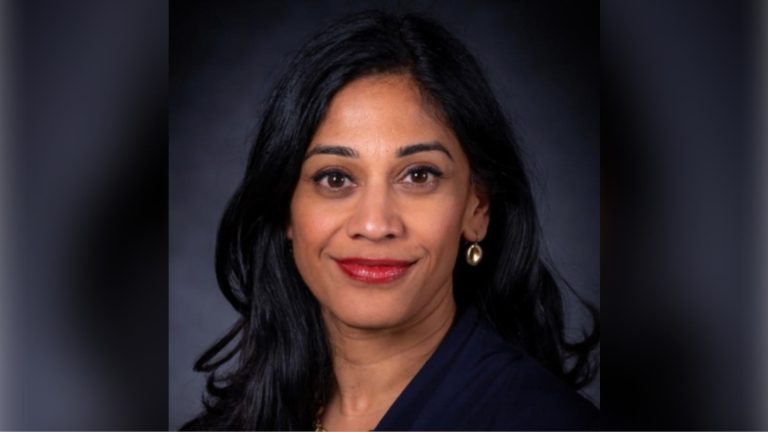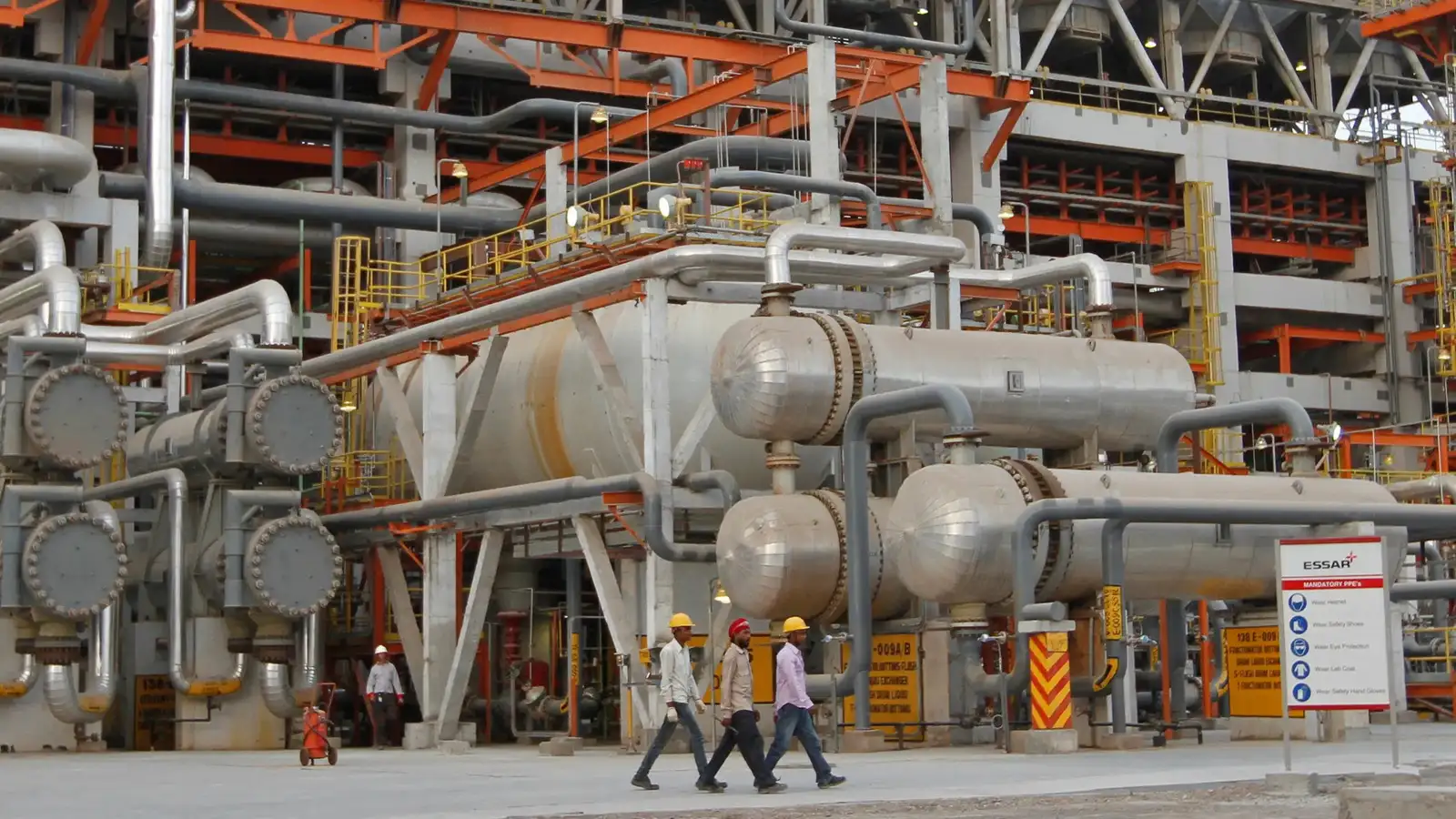Annual Fees on Foreign Workers is Aimed at Ensuring Economic Balance and Growth of the country
PRAVASISAMWAD.COM
Nigeria has recently implemented a significant policy shift with the introduction of the Expatriate Employment Levy (EEL), aimed at reshaping its workforce landscape and enhancing revenue streams. Under this new regulation, companies employing expatriates are required to pay an annual levy, with directors incurring a fee of $15,000, while other employees face a $10,000 charge.
According sources in Nigeria, the primary objective behind this move is to stimulate the employment of Nigerian citizens within foreign companies operating within the country. By incentivizing the hiring of local talent, the government hopes to bridge wage gaps and create more opportunities for qualified Nigerians.
President Bola Tinubu emphasized that while the levy aims to bolster the indigenous workforce, it should not deter potential investors. During the launch of the EEL handbook, he reiterated the government’s commitment to improving revenue and fostering indigenization, highlighting the importance of striking a balance between local employment and foreign expertise.
It’s worth noting that certain exemptions apply, including diplomatic mission staff and government officials. However, for private sector operators reliant on expatriate labor, compliance with the EEL is mandatory.
According to data from the interior ministry, Nigeria is currently home to over 150,000 expatriates, predominantly working in key sectors such as oil and gas, construction, telecommunications, and hospitality. Given the country’s status as one of Africa’s leading oil producers, such industries play a pivotal role in its economy, with oil and gas exports alone contributing 90% of foreign exchange earnings, as reported by the International Monetary Fund.
The introduction of the EEL comes amidst Nigeria’s grappling with its worst economic crisis in recent memory, marked by widespread hardship and social unrest. In response to ongoing demonstrations protesting economic difficulties, President Tinubu acknowledged the challenges faced by Nigerians and affirmed ongoing efforts to bolster the country’s financial stability and economic growth.
As Nigeria navigates its economic challenges and strives for sustainable growth, the successful implementation of the EEL will be crucial in reshaping its labour market dynamics and fostering a more inclusive and resilient economy.
The EEL, outlined by PwC, encompasses various key features aimed at ensuring effective implementation and compliance. These include eligibility criteria, scope, exemptions, rates, compliance deadlines, and reporting requirements. However, concerns have been raised regarding the potential impact on the cost of doing business, foreign direct investments (FDI), and the devaluation of the Naira.
While Nigeria’s move to implement the EEL aligns with global trends in managing expatriate workforces, it underscores the importance of a nuanced approach tailored to local economic conditions and objectives. Drawing from best practices observed in countries like Malaysia, Singapore, and Saudi Arabia, Nigeria aims to leverage the levy to promote human capital development and economic diversification while ensuring transparency and accountability in its utilization.
As Nigeria navigates its economic challenges and strives for sustainable growth, the successful implementation of the EEL will be crucial in reshaping its labour market dynamics and fostering a more inclusive and resilient economy.
***********************************
Readers











